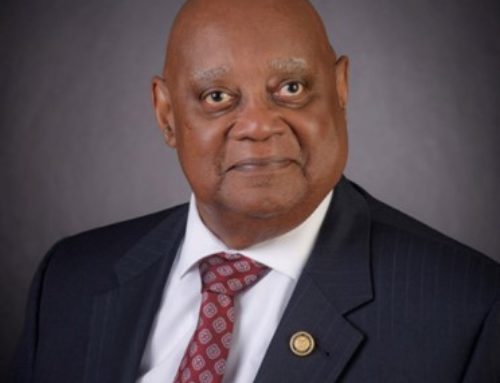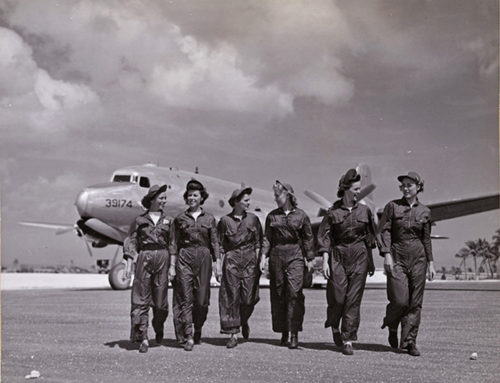In the midst of her tenth war patrol, on the night of 9-10 November 1944, USS BARB (SS-220) latched onto a target, the Japanese light cruiser Gokoku, near the naval base at Sasebo. BARB put two torpedoes into the enemy vessel at 0336 on the morning of the tenth, but the tenacious ship only heeled over to one side. At 0354, as BARB, running on the surface, opened her vents to submerge, the men in the conning tower heard a voice yell from outside the closed hatch overhead, “Hey! Let me in!” Quartermaster Francis Sever threw open the hatch and peered up. “Do you want to come in too, Mister Teeter?” he asked. A moment later, officer Dave Teeters, along with a torrent of seawater, dropped inside without touching a rung on the ladder.
At 0414, after another torpedo had dispatched the ailing Gokoku, BARB’s officers gathered in the wardroom to learn why Teeters had been topside as the boat began her dive. In his book Thunder Below!, Rear Admiral Eugene Fluckey, then BARB’s commanding officer, recalls the story.
“Captain, I must apologize for violating a ship’s order,” Teeter began. “After the first two hits, when you headed back in, you said to secure plot. Everything became super exciting. I have never seen battle action from the bridge. With nothing to do, I crept up on the bridge while you and Tuck [Weaver, another officer] were busy as a one-armed paperhanger…. I didn’t ask permission to come up, which is required, because I thought you would negate. Then I climbed up to the high lookout stand and was fully enjoying the spectacle. That is, until I heard the vents open and looked down on an empty bridge with the hatch closing. You know the rest.”
“Well, Dave,” Fluckey replied, “I must congratulate you for setting the world’s record for clearing the bridge from the high lookout platform to the conning tower. I think we’ve all learned a lesson, myself included. At times, probably because I’m the boss, I forget to ask or ignore asking permission. Let’s follow the ship’s order [from now on].
A couple of hours later, with BARB out of danger and her crew sipping celebratory beers, Teeter sat in the wardroom, “his face becoming whiter and whiter, drawn and tense. ‘Dave, what’s wrong?’
“ ‘Well, good God, think what would have happened to me if I’d been left up there, or caught.’ ”
One imagines that for the rest of his time as a submariner, Dave Teeter was sure to drop through the hatch a fair amount of time before the boat submerged.


